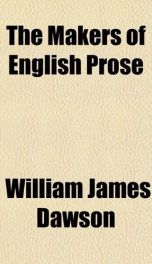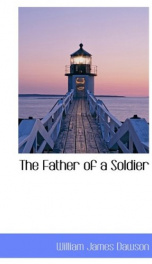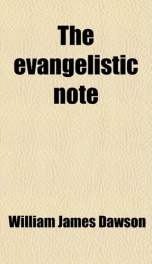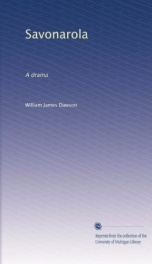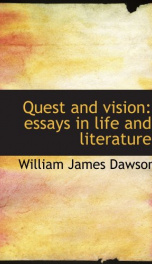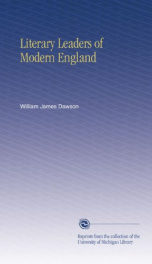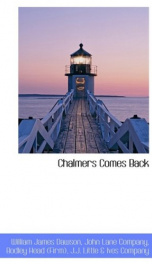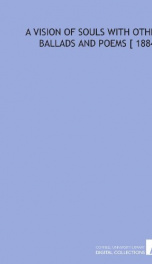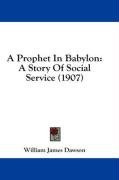the makers of english fiction
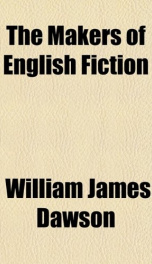
Purchase of this book includes free trial access to www.million-books.com where you can read more than a million books for free. This is an OCR edition with typos. Excerpt from book: Ill FROM FIELDING TO JANE AUSTEN Henry Fielding, born 1707, died 1754. Tobias George Smollett, born 1721, died 1771. Laurence Sterne, born 1713, died 1768. Oliver Goldsmith, born 1728, died 1774. Jane Austen, born 1775, died 1817. A GREAT period in the history of English fiction closes with Fielding and Smollett. They had created the novel of masculine realism, as Richardson had created the novel of sentiment, and each of these forms of fiction was to prove enduring. The latter half of the eighteenth century produced no novelist who could contest their primacy. It did, however, produce an immense crop of fiction, much of it wholly feeble; some of it execrable, both in style and matter; and a part of it really noteworthy because it marked the birth of the romantic spirit. The new tendency towards romance began with four books which appeared between the years 1761 and 1770, viz., Macpherson's " Ossian " (1761-63), Horace Walpole's " Castle of Otranto " (1764), Bishop Percy's " Reliques of Ancient English Poetry" (1765) and Chatterton's "Poems" (1770). The influence of Macpherson, Percy, and Chatterton upon English poetry was decisive and far-reaching. The influence of Walpole upon the development of fiction was scarcely less remarkable. Walpole, cynic, coxcomb, and dilettante as he was, nevertheless had a real literary gift, in spite of the fact that he avoided literary men, and thought that poets were like birds, who sang best when they were half starved. His conduct to Chatterton is well known, and admits of no excuse. Instead of recognising " The Marvellous Boy" as a fellow-craftsman, working toward the same end, he denounced him as a forger, telling him that " all the house of forgery are relations," and that he who forges poems is in danger of forging promissory ...
Info about the book
Author:
Series:
Unknown
ISBN:
1172328196
Rating:
2.5/5 (2)Your rating:
0/5
Languge:
English
Users who have this book
Users who want this book
What readers are saying
What do you think? Write your own comment on this book!
write a commentGenre
if you like the makers of english fiction try:
Other books by this author
Do you want to exchange books? It’s EASY!
Get registered and find other users who want to give their favourite books to good hands!
